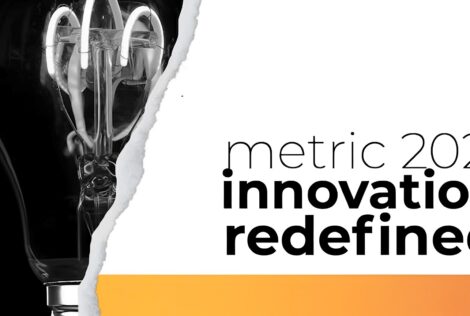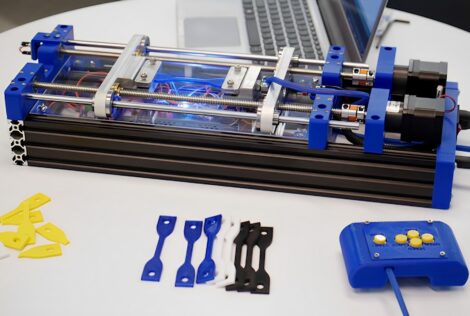
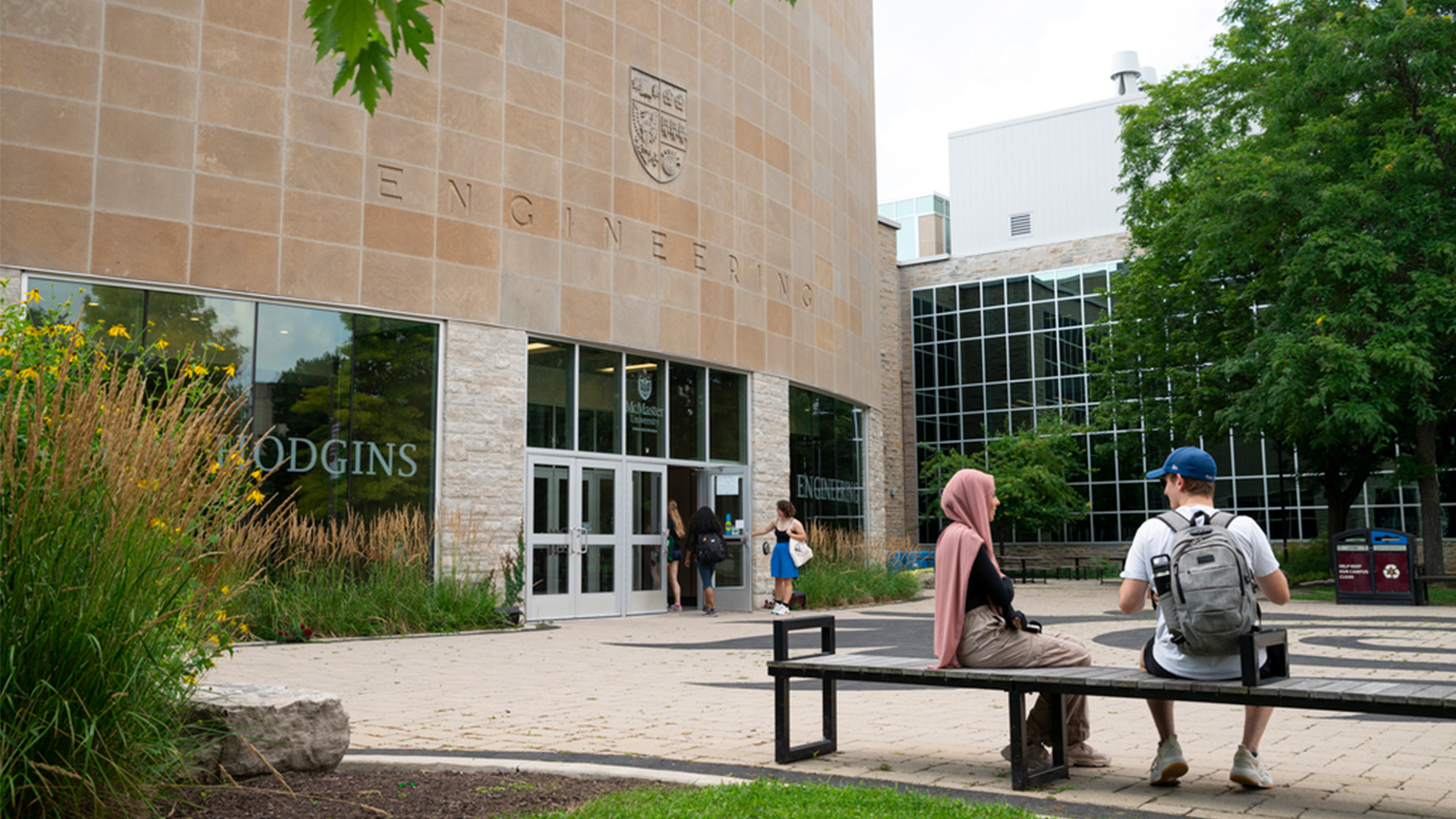
The fourth annual Undergraduate Summer Research Poster Showcase took place on August 19, 2020. The online event welcomed 52 presenters from programs across the Faculty and 181 guests.
Participants, who tuned in from cities across Canada, the U.S., France, Netherlands, India, and Pakistan, engaged in online presentations and Q&As in each of the poster booths and had the opportunity to network with their peers and faculty.
We chatted to five students who presented their summer research at the event. Learn more about their projects which range from examining the short-term effects of COVID-19 on the climate, to generating an algorithm to detect coughs, to reducing energy in a wastewater treatment plant.
Michael Alemayehu, Chemical Engineering & Management Co-op IV
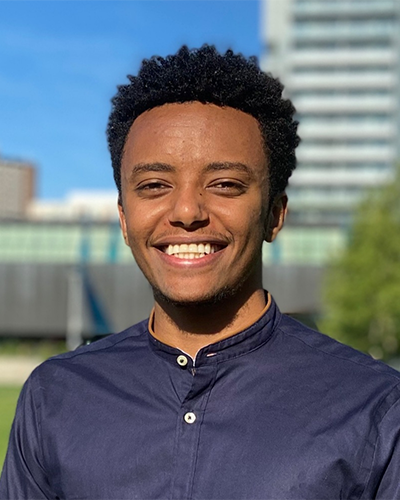
Q: Tell us about your research.
A: Implementation of an AvN aeration controller in a wastewater treatment plant to help eliminate unnecessary energy expenditure by reducing the number of hours the aeration system is turned on. This method helps keep aeration costs at a minimum and reduces the effluent ammonia concentration.
Q: Describe your summer research experience.
A: The Dr. Mhaskar research group and Hydromantis software have done a great job in making my internship not only a learning experience but an application of what I’ve learned in my program. The support system has also made it easy for me to transition into working from home and making me feel like part of the team.
Q: How did you stay motivated while working from home?
A: I delved deeper into making realistic portraits and have been working on elevating my art.
Q: Have you discovered something about yourself from your research experience?
A: Working with different process control models and learning how to build models for large data sets has sparked my interest in the process systems engineering stream and has helped me further expand my programming skills by directly dealing with actual plant data.
Q: What is one of your goals for the year ahead?
A: The reality of COVID-19 has shown me the importance of the software field and I’m going to be further developing my software skills by learning new programming languages, theory, and real-world applications.
Paris Liu, Civil Engineering Co-op II, Research Experience Award Winner
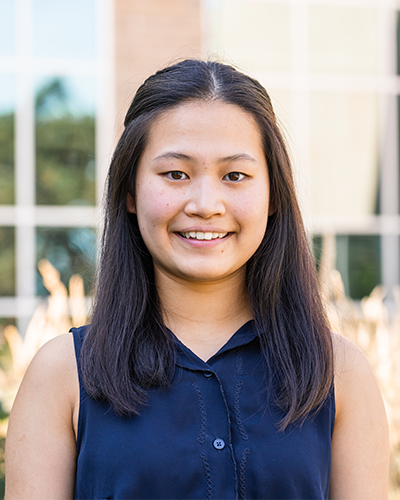
Q: Tell us about your research.
A: I examined the short-term effects of COVID-19 on the climate and consequently on the heating and cooling demands of buildings in Canada through calculation of heating and cooling degree days.
Q: Describe your summer research experience.
A: My research experience involved conducting literature reviews, collecting data and performing calculations on Excel.
Q: How did you stay motivated while working from home?
A: I FaceTimed my friends who were also doing research or summer school and we would work together to keep each other motivated. It was a nice way to create a workplace atmosphere despite not being physically together.
Q: Have you discovered something about yourself from your research experience?
A: Through researching about climate change in relation to the energy demands of buildings, I have discovered that I am passionate about the green building industry and it’s an area of civil engineering that I plan to pursue.
Q: What is one of your goals for the year ahead?
A: To obtain my LEED GA certification so that I can be better equipped for jobs in the green building industry.
Arjun Snider, Computer Engineering & Management Co-op II, Research Experience Award Winner
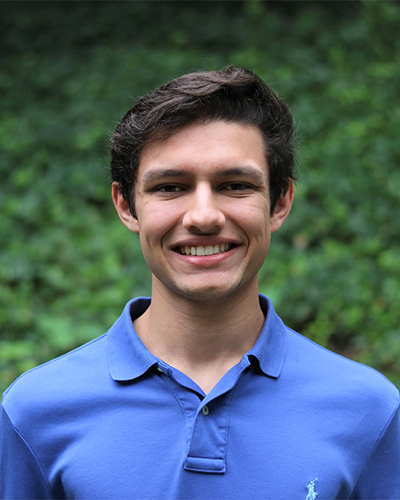
Q: Tell us about your research.
A: My research was focused on developing RAMBench, a computer memory (DRAM) benchmarking suite for use by researchers and industry professionals to improve testing of DRAM. It is essentially a tool that generates custom memory access patterns which can be used to test computer memory and aid in finding new ways to improve memory performance.
Q: Describe your summer research experience.
A: My experience was fulfilling, as I got to work in a field that I am very interested in. My work was done exclusively on the computer since I was writing code each day. I also learned C++ so that I could code RAMBench using it, which was a great experience, as I learned about how it differs from other languages I know. Overall, my research experience was enjoyable because I learned so many new things and Dr. Hassan was a great supervisor.
Q: How did you stay motivated while working from home?
A: I stayed motivated while working from home by keeping track of my objectives each day, my deadlines and goals etc. and then checking them off as I completed them. I also met with my supervisor a few times each week to go over the tasks I had completed and what new things I should be focusing on. As a result, I felt a drive to complete my tasks on time so I could present them in the meetings.
Q: Have you discovered something about yourself from this experience?
A: Through my work, I discovered that the frustrations involved with programming validation can be much greater than you would think, especially when you spend a long time working on a piece of code only to have it not work, even after multiple attempts at fixing it. I certainly discovered how much dedication and perseverance is required, and I think that I further developed these skills because of my work.
Q: What is one of your goals for the year ahead?
A: To continue to practice and use C++, so I can maintain my skills and learn new things about it. It is a very popular coding language and I have no doubt it’s going to be useful down the road, so I would like to learn even more of its intricacies if I can.
Ishan Vermani, Mechatronics & iBioMed Co-op II
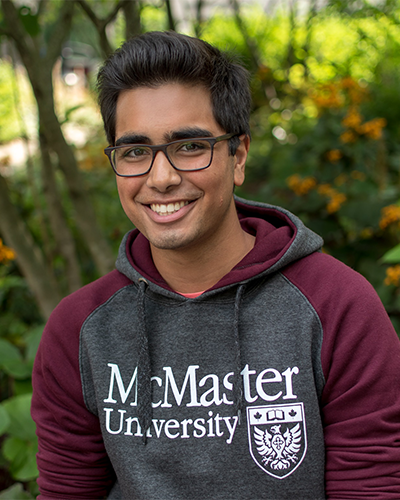
Q: Tell us about your research.
A: My research looks to generate an algorithm to detect coughs, a common yet diverse medical symptom, from live audio. This is being done by extracting features from pre-recorded audio files at small time intervals and using a basic machine learning algorithm to identify the features that carry the most importance in cough classification.
Q: Describe your summer research experience.
A: The summer research experience was somewhat difficult this year, as having to stay at home made it difficult for me to focus on tasks and stay productive over long bursts of time. Aside from that, it was a fantastic learning opportunity as I learned new applications of Python, new audio analysis techniques, as well as how to search for literature and create a proper research procedure.
Q: How did you stay motivated while working from home?
A: To stay on track, I took on running as a quarantine pastime – it helped me clear my head and refresh myself to get back to work. I also tried to set myself deadlines to apply some extra pressure for results.
Q: Have you discovered something about yourself from this experience?
A: I have discovered that I work well on deadlines.
Q: What is one of your goals for the year ahead?
A: I hope to be able to keep a schedule to stay on track of things – I don’t want to slip behind on coursework. I aim to do this by finding new study spaces outside of my house and waking up earlier in the morning.
Perla Yaghi, Mechanical Engineering Co-op III
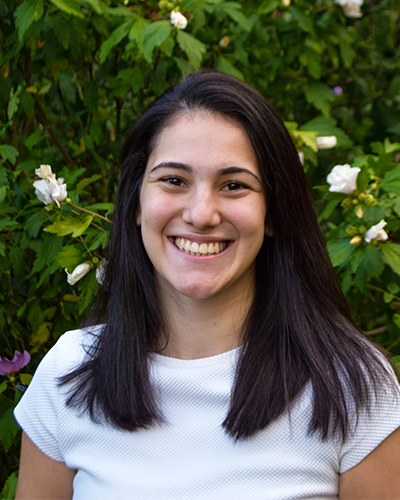
Q: Describe your research.
A: My research with Dr. Shankar focuses on developing lightweight aluminum alloy for automotive structural components to combat climate change and greenhouse gas emissions.
Q: What was your summer research experience like?
A: I have had an incredible experience working in Dr. Shankar’s lab, gaining a great amount of insight and experience. I had the opportunity to work with an extremely bright and knowledgeable team as well as world-renowned manufacturing companies.
Q: How did you stay motivated while working from home?
A: By setting deadlines to complete work, having frequent progress updates with our team, and maintaining a daily work routine.
Q: Have you discovered something about yourself from your research experience?
A: Throughout this experience, I have discovered my interest in the automotive industry and manufacturing. Moving forward, I would like to pursue something focused in this field, whether that be a master’s or working with automotive manufacturing companies.
Q: What is one of your goals for the year ahead?
A: During this year, I would like to continue to be involved in this research with Dr. Shankar and apply the experiences and knowledge I have gained in this position into my upcoming courses and beyond.


